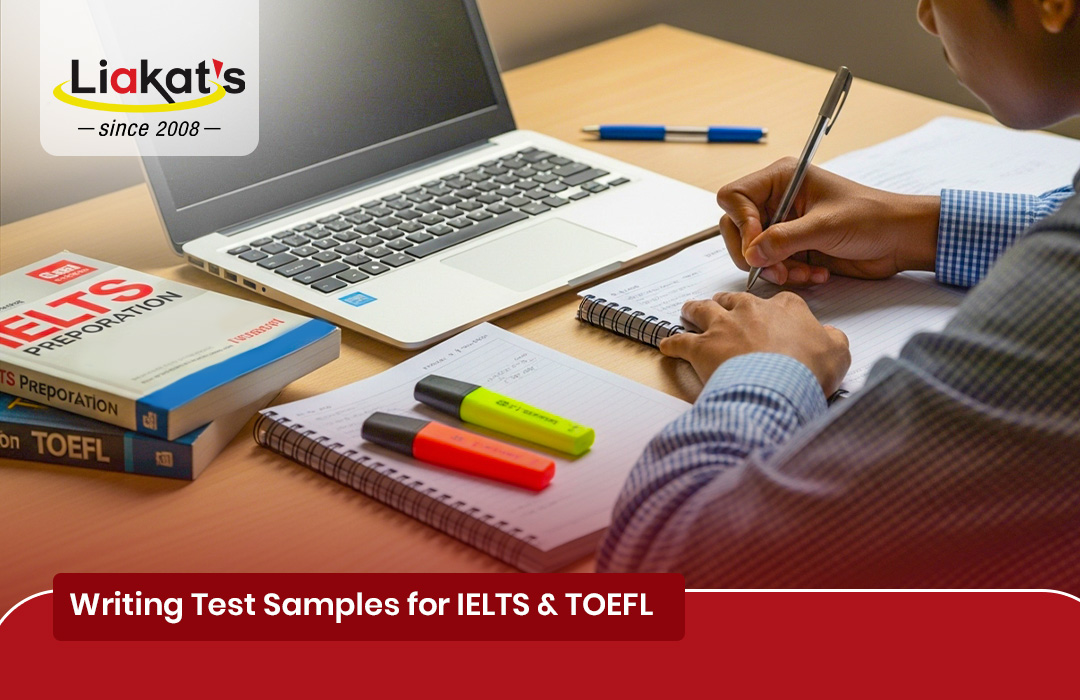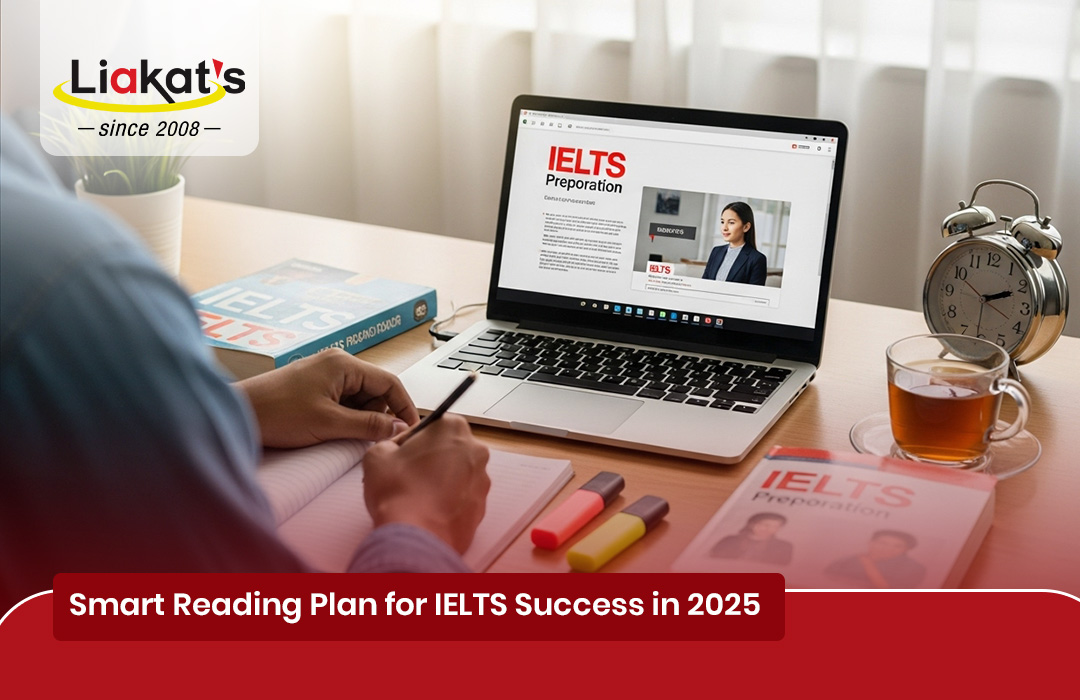When comparing TOEFL and IELTS, the difficulty varies for individuals. Some find IELTS speaking more challenging due to the face-to-face format, while others may struggle with TOEFL’s academic focus and timed tasks.
Ultimately, the perceived difficulty depends on the test-taker’s strengths and preferences rather than the test itself. Both exams have their unique features, and the difficulty level may vary based on personal comfort and familiarity with the exam format. It’s essential for test-takers to consider their own skills, preferences, and the requirements of their desired university when deciding which exam feels easier.
Understanding the specific differences and challenges of each exam will help individuals make an informed decision and prepare effectively for success.
Key Differences
Comparing TOEFL with IELTS, the latter often feels more approachable due to its structure, while TOEFL is known for its academic focus. Understanding your test preferences is crucial in determining which exam feels easier for you.
Types Of Tasks In TOEFL And IELTS
One of the key differences between the TOEFL and IELTS tests lies in the types of tasks that candidates are required to complete. In the TOEFL test, there are four sections: Reading, Listening, Speaking, and Writing. In the Reading section, candidates have to answer multiple-choice questions and complete tasks that assess their reading comprehension skills. The Listening section involves listening to lectures and conversations and answering questions based on the audio. The Speaking section requires candidates to express their ideas and opinions on various topics. Lastly, the Writing section includes tasks such as writing an essay and summarizing a passage.
On the other hand, the IELTS test also consists of four sections: Reading, Listening, Writing, and Speaking. In the Reading section, candidates have to answer a variety of question types, including multiple-choice, matching, and true/false/not given. The Listening section involves listening to audio recordings and responding to questions. The Writing section includes tasks such as describing a graph or table and writing an essay. Lastly, the Speaking section requires candidates to engage in a conversation with an examiner and demonstrate their speaking abilities.
Format Variations
Another important difference between the TOEFL and IELTS tests is the format in which they are administered. The TOEFL test is entirely computer-based, meaning that candidates answer all the questions on a computer. This format allows for a standardized testing experience and provides instant results for the Reading and Listening sections. However, the Speaking section is recorded and later evaluated by multiple raters.
On the other hand, the IELTS test offers two formats: the Paper-based format and the Computer-delivered format. In the Paper-based format, candidates answer the Reading, Writing, and Listening sections on paper, while the Speaking section is a face-to-face interview with an examiner. In the Computer-delivered format, candidates answer all the sections on a computer, including the Speaking section, which is also recorded and evaluated later.
Scoring Systems
The scoring systems for the TOEFL and IELTS tests are also different. The TOEFL test uses a scoring scale of 0-120, with each section worth a maximum of 30 points. The scores are then converted to a scaled score for each section and an overall score. The IELTS test uses a 9-band scoring system, with each section and the overall score reported on a scale of 1-9.
It is important to note that both tests assess candidates’ English language proficiency, but they have different score requirements for different universities and programs. Some universities may have specific score requirements for either the TOEFL or IELTS test, so it is essential for candidates to check the requirements of their desired institutions.
Acceptance By Universities
When it comes to the acceptance of test scores by universities, both the TOEFL and IELTS tests are widely accepted around the world. However, the preference may vary depending on the institution and the country. Some universities may have a preference for one test over the other, while others may accept scores from both tests. It is crucial for candidates to research the requirements of their desired universities and programs to determine which test is accepted.
Additionally, some countries may have specific requirements for visa applications, and candidates may need to submit scores from a particular test for immigration purposes. Therefore, it is necessary to consider these factors when deciding which test to take.
Cost And Accessibility
The cost and accessibility of the TOEFL and IELTS tests are also important factors to consider. The TOEFL test is generally more expensive, with a registration fee ranging from $160 to $250, depending on the location. Additionally, the test is administered at designated test centers on specific dates, which may limit the accessibility for some candidates.
On the other hand, the IELTS test is relatively more accessible and available on more dates throughout the year. The cost of the IELTS test varies depending on the country, with fees ranging from $185 to $325. Some test centers also offer a computer-delivered format, which provides more flexibility for candidates.
| TOEFL | IELTS | |
| Registration Fee | $160 – $250 | $185 – $325 |
| Availability | Specific test dates | More dates throughout the year |
Overall, the choice between the TOEFL and IELTS tests depends on individual preferences, the requirements of universities or programs, and factors such as cost and accessibility. It is important for candidates to carefully consider these key differences and make an informed decision based on their specific needs and circumstances.
Comparative Analysis
Choosing between the TOEFL and IELTS tests can be a daunting task, especially when considering which feels easier. To help you make an informed decision, let’s delve into a comparative analysis of the reading, listening, speaking, and writing sections, as well as the overall test experience of both TOEFL and IELTS.
Reading Section
The reading section in the TOEFL test typically consists of 3-4 passages from academic texts, and test-takers are required to answer questions based on these passages. On the other hand, the IELTS reading section contains three long passages from a range of sources, including newspapers and magazines, and includes a variety of question types.
Listening Section
In the TOEFL test, the listening section includes 4-6 lectures and 2-3 conversations, with questions based on the audio content. In contrast, the IELTS listening section consists of four recorded monologues and conversations, with a range of question types.
Speaking Section
When it comes to the speaking section, the TOEFL test requires test-takers to speak into a microphone in response to 6 tasks, including expressing an opinion and summarizing information. In contrast, the IELTS speaking section involves a face-to-face interview with a certified examiner and includes a variety of speaking tasks.
Writing Section
For the writing section, the TOEFL test requires test-takers to write essay responses based on reading and listening tasks, as well as a short integrated task. On the other hand, the IELTS writing section includes two tasks – task 1, which requires test-takers to describe and interpret visual data, and task 2, an essay response to a point of view or argument.
Overall Test Experience
The TOEFL test is entirely computer-based, while the IELTS test offers a paper-based and computer-based option. The TOEFL test has a reputation for being more academically challenging and requiring a higher level of English proficiency, whereas the IELTS test is often perceived as having a more conversational approach and may be preferred by some test-takers.
Challenges Faced
When it comes to deciding between IELTS and TOEFL, facing challenges is inevitable. Both tests have their unique set of difficulties that test-takers often encounter. Understanding these challenges and knowing how to overcome them is crucial in achieving success.
Common Difficulties In IELTS
- Complex Contextual Vocabulary: The IELTS test may include complex vocabulary, which can be challenging for some test-takers. Understanding the context in which the words are used becomes crucial.
- Time Management: The time constraints in the IELTS test, particularly in the reading and writing sections, can pose a significant challenge for candidates.
- Accents and Pronunciation: The listening section of the IELTS may present difficulties due to varied accents and pronunciation styles.
Common Difficulties In TOEFL
- Integrated Tasks: The integrated tasks in the speaking and writing sections of the TOEFL may be challenging as they require test-takers to synthesize information from different sources in a limited time.
- Time-Pressured Reading: The reading section of the TOEFL may be challenging due to time pressure and the extensive amount of content to comprehend.
- Note-Taking: For the listening section, effective note-taking can be a difficulty, as it requires the ability to listen, understand, and write down key points simultaneously.
Strategies To Overcome Challenges
- Vocabulary Building: Regularly exposing yourself to a wide range of English vocabulary and practicing contextual usage can help improve vocabulary comprehension.
- Practice Under Time Constraints: Practicing mock tests under time constraints can aid in developing effective time management skills for both tests.
- Exposure to Different Accents: Listening to a variety of English accents through podcasts, videos, and audio materials can help in getting accustomed to different pronunciation styles.
- Synthesizing Information: Practicing integrated tasks where one is required to synthesize information from different sources can enhance the ability to create well-structured responses.
- Enhanced Reading Skills: Engaging in extensive reading and using skimming and scanning strategies can improve reading speed and comprehension for both tests.
- Effective Note-Taking: Practicing effective note-taking techniques, such as identifying key information and summarizing, can enhance performance in the listening section of the TOEFL.
Choosing The Right Test
When it comes to deciding between the TOEFL and IELTS exams, it can be a tough choice. Both tests assess your English language proficiency and are widely accepted by universities and institutions around the world. However, understanding your personal preferences and the requirements of your desired university can help you make an informed decision. Here are some factors to consider when choosing the right test:
Personal Preferences
Your personal preferences play a significant role in determining which test feels easier to you. Some students find the IELTS test more comfortable because it includes a face-to-face speaking component, allowing for a more natural interaction. On the other hand, the TOEFL test is entirely computer-based, which may suit those who prefer a structured and standardized approach. Consider your comfort level with technology and your speaking abilities before making your decision.
University Requirements
Checking the language proficiency requirements of your target universities is crucial before deciding which test to take. Some universities in English-speaking countries, such as the United States, may prefer the TOEFL test, while others, especially in the United Kingdom and Australia, may accept both TOEFL and IELTS scores. Review the admission guidelines of your preferred institutions to ensure you take the test that meets their requirements.
Tips For Decision Making
Here are a few tips to help you make a decision:
- Research: Gather information about the TOEFL and IELTS tests, including their formats, content, and scoring criteria.
- Practice: Take practice tests for both exams to get a feel for their difficulty levels and determine which one aligns better with your strengths.
- Consider studying materials: Evaluate the availability of study materials and resources for each test. Access to reliable preparatory materials can significantly impact your success.
- Seek advice: Talk to current or former students who have taken either test to gain insight into their experiences and recommendations.
- Consult professionals: If you’re still unsure, consider consulting professional language tutors or consultants who specialize in test preparation. They can offer guidance based on your specific needs.
Remember, the key lies in making an informed decision based on your personal preferences and the requirements of your target universities. Take the time to assess your strengths, research the tests thoroughly, and seek advice when needed. Choosing the right test can significantly impact your preparation and overall success.
Frequently Asked Questions Of TOEFL Vs IELTS – Which Test Feels Easier?
Is The TOEFL Test Easier Than The IELTS?
The difficulty of IELTS vs TOEFL varies; some find IELTS speaking more challenging, while others struggle with TOEFL’s academic focus. Difficulty is subjective based on personal strengths and preferences.
Which English Exam Is The Easiest?
The difficulty of IELTS compared to TOEFL varies for individuals. Some find IELTS speaking more challenging due to the face-to-face format, while others may struggle with TOEFL’s academic focus and timed tasks. Ultimately, the perceived difficulty depends on personal strengths and preferences.
Is The TOEFL Test Easy Or Hard?
The difficulty of IELTS compared to TOEFL varies for individuals. Some find IELTS speaking more challenging due to the face-to-face format, while others may struggle with TOEFL’s academic focus and timed tasks. Ultimately, the perceived difficulty depends on personal strengths and preferences.
Is The New TOEFL Easier?
The difficulty of the new TOEFL varies for individuals. Some find IELTS speaking challenging due to the face-to-face format, while others struggle with TOEFL’s academic focus and timed tasks. Ultimately, the perceived difficulty depends on personal strengths and preferences.
Conclusion
To conclude, determining which test between TOEFL and IELTS feels easier is subjective and depends on personal strengths and preferences. There is no absolute “easier” test as both have their own challenges. It is crucial to consider your desired university’s certification requirements and your individual preferences before making a decision.
Ultimately, the choice between TOEFL and IELTS comes down to what you’re looking for and which test format aligns better with your skills.





